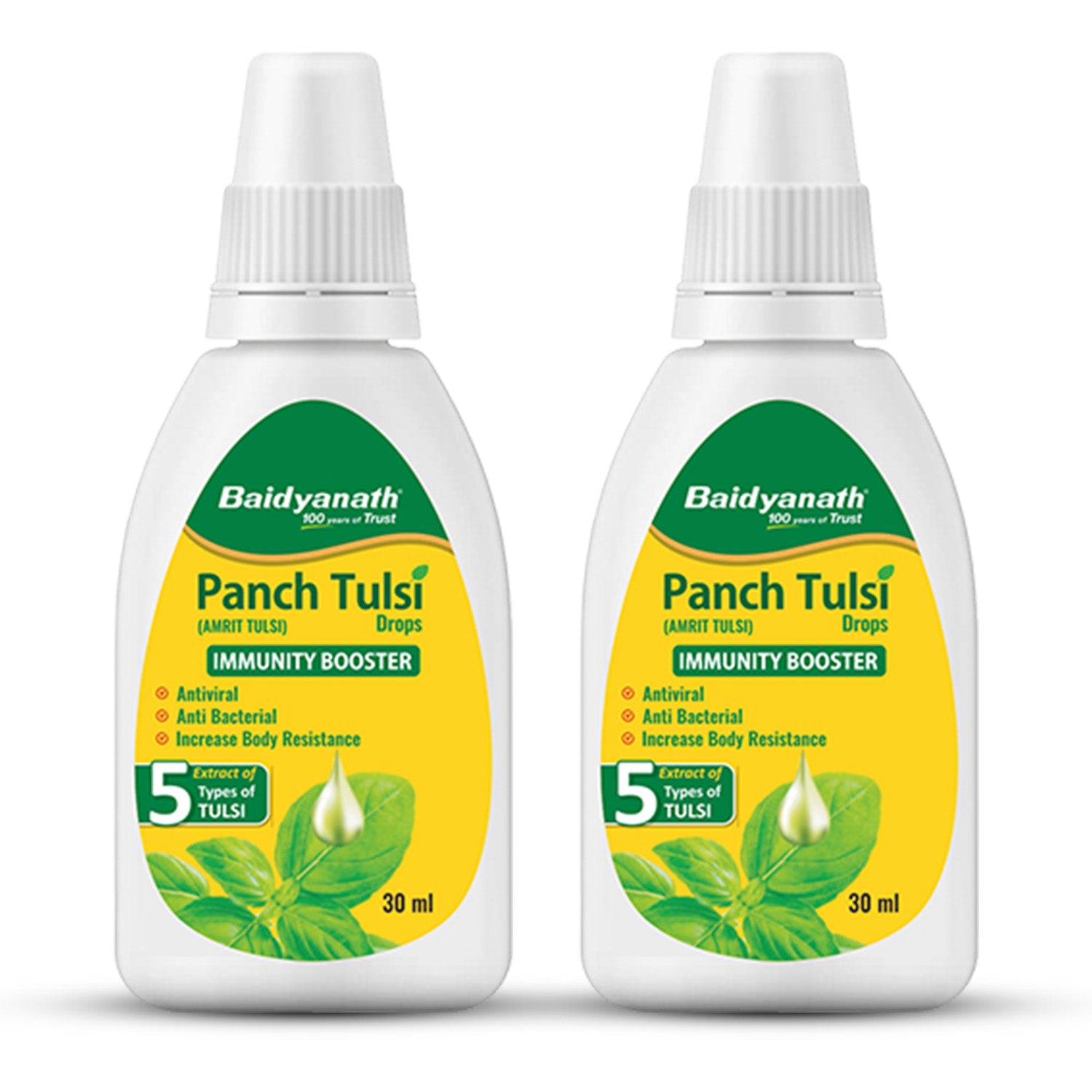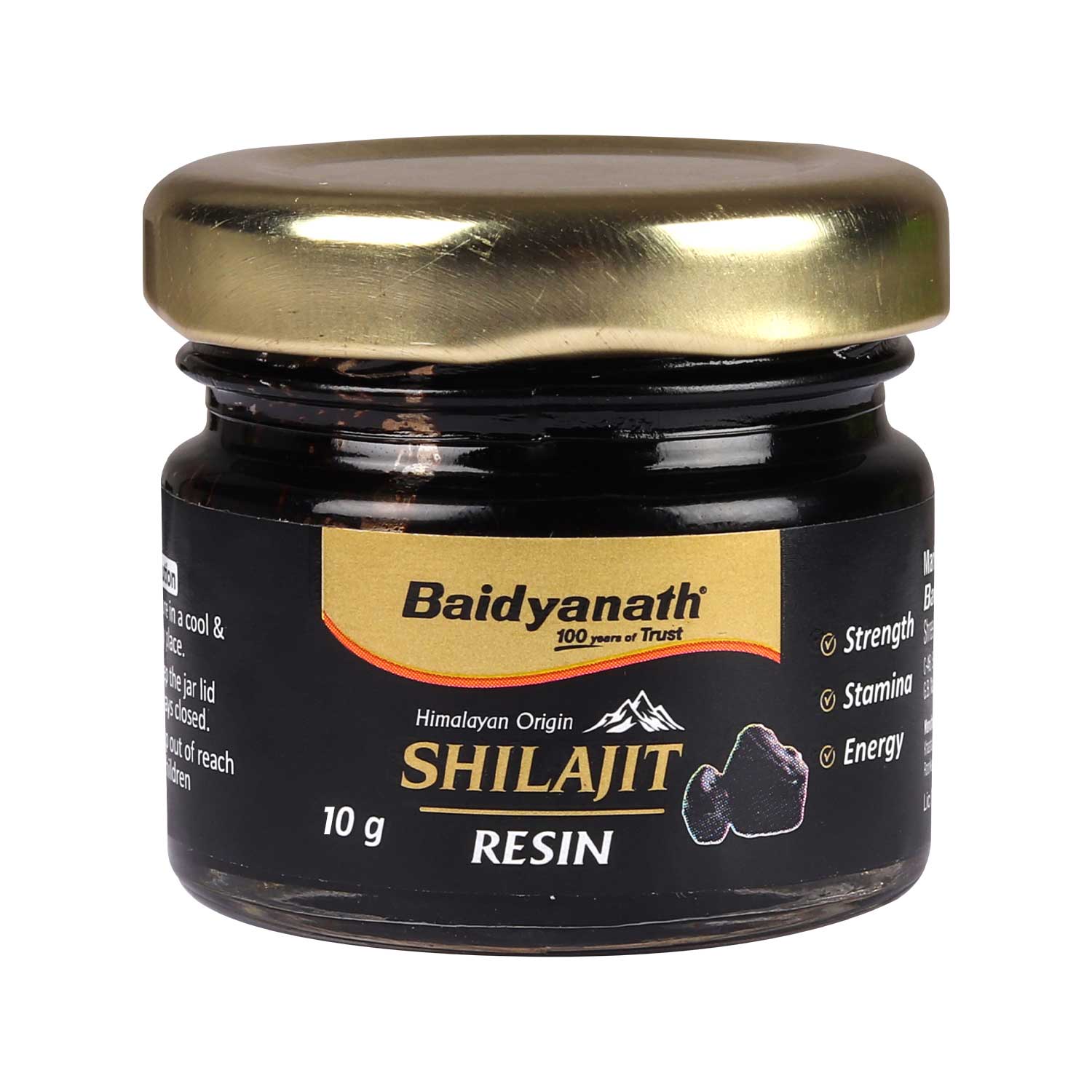Top 20 Best Protein Sources for Vegetarians: A Complete Guide

For vegetarians, it is important to ensure that they take adequate protein intake as it is the key to maintaining good health. Besides that, supporting muscle function, and achieving feeling of fullness is important too. For people who eat meat and/or other products derived from animals, meat is traditionally seen as the primary protein source. However, for a vegetarian it is important to maintain their dietary preferences without succumbing to the seemingly sparse options for food.
This guide will explore the best protein foods for vegetarians and help you make informed dietary choices.
What Are the Best Protein Foods for Vegetarians?

The best protein foods for vegetarians are around us only. While it is true that vegetarians feel out of place when it comes to food options; what’s not true is that vegetarian food is boring. The truth is that it is nutritionally rich and easy to incorporate into daily meals. Also, a vegetarian diet rich in proteins and other minerals and vitamins greatly improves your health. Plant-based protein sources may require combinations for complete amino acid profiles, but a variety of legumes, grains, nuts, and seeds can meet these needs effectively.
How Much Protein Do You Need Daily?
The recommended dietary allowance (RDA) for protein depends on individual physiotype:
- Women: about 46 grams per day.
- men: about 56 grams per day.
- Active individuals or athletes: About 1.2-2.0 grams per kilogram of body weight.
Top 20 Best Protein Sources for Vegetarians
1. Lentils
- Protein Content: 18 grams per cooked cup
- Nutritional Value: High in fiber, iron, folate, and potassium
- Supports heart health and digestion.
2. Chickpeas (Garbanzo Beans)
- Protein Content: 15 grams per cooked cup
- Nutritional Value: Rich in fiber, iron, manganese, and folate.
- Great for blood sugar regulation.
3. Quinoa
- Protein Content: 8 grams per cooked cup
- Nutritional Value: Complete protein, with all essential amino acids.
- High in fiber, magnesium, and manganese.
4. Tofu
- Protein Content: 10-15 grams per ½ cup
- Nutritional Value: Source of calcium, iron, and magnesium.
- Low in calories and versatile in cooking.
5. Tempeh
- Protein Content: 21 grams per ½ cup
- Nutritional Value: High in probiotics due to fermentation, also rich in iron, calcium, and magnesium.
6. Edamame (Young Soybeans)
- Protein Content: 17 grams per cooked cup
- Nutritional Value: Packed with folate, vitamin K, and fiber, edamame is a low-calorie, high-protein snack.
7. Greek Yogurt
- Protein Content: 10 grams per 100 grams
- Nutritional Value: High in calcium, probiotics, and vitamin B12, Greek yogurt aids digestion and bone health.
8. Cottage Cheese
- Protein Content: 14 grams per ½ cup
- Nutritional Value: Rich in calcium, B vitamins, and selenium. Low in calories and ideal for weight management.
9. Seitan (Wheat Gluten)
- Protein Content: 21 grams per 3-ounce serving
- Nutritional Value: High in iron, low in fat, and provides a meat-like texture. Great source of selenium.
10. Chia Seeds

- Protein Content: 5 grams per 2 tablespoons
- Nutritional Value: Contains omega-3 fatty acids, fiber, calcium, and antioxidants. Supports heart health.
11. Hemp Seeds
- Protein Content: 9 grams per 3 tablespoons
- Nutritional Value: Contains all essential amino acids, omega-3 and omega-6 fatty acids, magnesium, and iron.
12. Pumpkin Seeds
- Protein Content: 7 grams per 1 ounce
- Nutritional Value: High in magnesium, iron, zinc, and antioxidants. Promotes heart and prostate health.
13. Almonds
- Protein Content: 6 grams per 1 ounce (about 23 almonds)
- Nutritional Value: Rich in vitamin E, magnesium, and fiber. Supports skin, heart, and bone health.
14. Peanut Butter
- Protein Content: 8 grams per 2 tablespoons
- Nutritional Value: High in healthy fats, magnesium, and potassium. Supports energy levels and muscle health.
15. Black Beans
- Protein Content: 15 grams per cooked cup
- Nutritional Value: High in fiber, folate, magnesium, and iron. Great for heart health and blood sugar management.
16. Green Peas
- Protein Content: 8 grams per cooked cup
- Nutritional Value: Contains fiber, vitamins A, C, and K. Supports immune health and digestion.
17. Oats
- Protein Content: 6 grams per ½ cup
- Nutritional Value: High in fiber, especially beta-glucan, which supports cholesterol management and heart health.
18. Amaranth
- Protein Content: 9 grams per cooked cup
- Nutritional Value: Contains fiber, magnesium, phosphorus, and iron. A complete protein and ancient grain.
19. Spirulina
- Protein Content: 8 grams per 2 tablespoons
- Nutritional Value: Extremely nutrient-dense, with B vitamins, copper, and iron. Supports immune health and energy.
20. Broccoli

- Protein Content: 4 grams per cooked cup
- Nutritional Value: Rich in vitamin C, fiber, potassium, and antioxidants. Great for immune health and detoxification.
How to Get Enough Protein From a Vegetarian Diet
To meet your daily protein requirements on a vegetarian diet, try these tips:
- Combine Protein Sources: Mix foods like beans and grains to cover all essential amino acids.
- Include Protein-Rich Snacks: Add nuts, seeds, or Greek yogurt to your daily snack routine.
- Incorporate Meat Alternatives: Use tofu, tempeh, or seitan in place of meat in traditional recipes.
- Add Protein to Every Meal: Ensure each meal has at least one protein source for balance.
Conclusion
A vegetarian diet can easily meet daily protein needs with a variety of plant-based sources. These foods not only provide protein but also bring essential vitamins, minerals, and other nutrients to promote a balanced and healthy lifestyle. By incorporating a range of legumes, nuts, seeds, dairy, and grains, vegetarians can enjoy delicious and protein-rich meals that meet their nutritional goals effectively.
No comments











0 comments